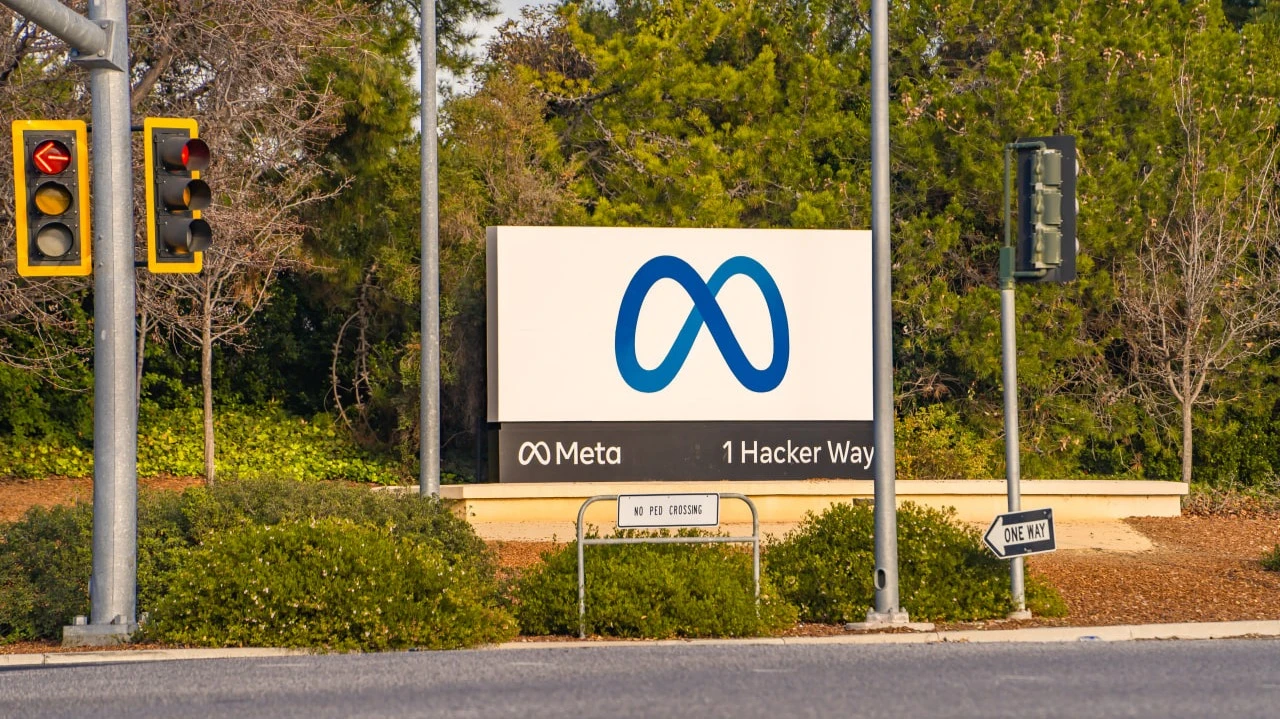Meta responded to reports about the possible use of Google's AI model in advertising
Earlier, The Information and Reuters reported on Meta's negotiations with Google Cloud

Meta denied reports about plans to use Google's Gemini AI model in advertising, emphasizing that third-party solutions are used only for comparison. Earlier, Meta CEO Mark Zuckerberg noted that artificial intelligence is already improving the effectiveness of advertising: new recommendation models increased conversion rates on Instagram by 5% and on Facebook by 3% over the quarter.
Details
Meta has denied a report that the company is considering using Google's Gemini AI model in its advertising business, PYMNTS writes. A Meta spokesperson said that the company uses Google's models solely to compare results.
"We have always built our own, industry-leading ad targeting and recommendation systems. Separate from that, we regularly test third-party tools to compare their effectiveness with our solutions, and that's exactly the case here," said a Ma representative.
Earlier, The Information cited sources as saying that Meta employees were in discussions with Google Cloud, part of Alphabet, about using Gemini's models to grow the Facebook-owned company's advertising business. Meta's choice to use Google's technology instead of in-house development underscores its problems with scaling AI despite investing billions of dollars in research, infrastructure and specialists, Reuters noted.
Google did not respond to PYMNTS' request for comment.
What about the stock
Shares of Alphabet and Meta are up 0.4% on the New York premarket. They are up 30% and 28%, respectively, since the start of 2025. Of the 72 analysts covering Google's owner's shares, most - 59 - advise buying them, while 13 are neutral. Meta securities are advised to buy by 60 of the 70 analysts tracking them. Nine are neutral and only one advises selling them.
How Meta is growing its advertising business
Meta CEO Mark Zuckerberg said on July 30 during a conference call following the release of quarterly earnings that ad effectiveness is one area where AI is already changing the company's products. He said new recommendation models boosted Instagram's ad conversion by 5% and Facebook's by 3% during the quarter. On a year-over-year basis, Meta's ad revenue grew 21% to $46.6 billion out of total revenue of $47.5 billion, while Google Search's ad revenue for the same period was $54.2 billion and could reach $65.4 billion by the fourth quarter of 2026, according to FactSet.
Bernstein suggested that Meta is capable of catching up with Google in terms of advertising revenue by the end of 2026. According to Bernstein analyst Mark Shmulik, thanks to Meta's impressive results, the Internet and digital advertising sector is once again attracting investor interest. The company has shown that AI can be used to drive revenue growth - through recommendation algorithms that increase engagement and more effective targeted advertising. In addition, artificial intelligence reduces labor costs and helps Meta to develop in the field of creative advertising design.
Shmulik believes that Meta "is at the forefront of this movement, proving that social platforms can be major winners in the AI era."
This article was AI-translated and verified by a human editor
